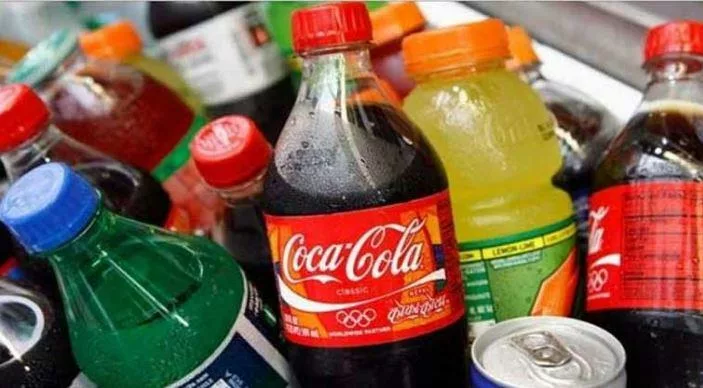In a proactive move aimed at tackling the escalating rates of excessive sugar consumption and Non-Communicable Diseases (NCDs), the Federal Government of Nigeria has announced plans to implement a 20 per cent tax on Sugar-Sweetened Beverages (SSBs).
Dr. Chukuma Anyaike, Director of the Public Health Department at the Federal Ministry of Health and Social Welfare, unveiled this strategy during the public unveiling of a simulation study in Abuja.
The study delves into the potential fiscal and public health outcomes of the proposed SSB tax in Nigeria.
Describing sugar-sweetened beverages as beverages infused with natural or artificial sweeteners, Anyaike highlighted a diverse range of sugars included in this category, spanning from brown sugar to high-fructose corn syrup.
He emphasized that SSBs encompass various popular drinks such as sodas, juices, energy drinks, and flavored dairy products.
Anyaike asserted, “The institution of SSB tax has been identified as the most effective way of reducing the consumption of excess sugar sweetened beverages, consequently reducing the incidences and prevalence of NCDs.”
He lauded the government’s introduction of a N10 per liter excise tax on all sweetened beverages in the 2021 Finance Act as a step towards global best practices.
The proposed 20 per cent tax on SSBs aims to further deter excessive consumption and generate revenue earmarked for public health interventions geared towards the prevention and control of NCDs.
Highlighting the scale of sweetened beverage consumption in Nigeria, Anyaike revealed that an estimated 38.6 million liters of soft drinks are sold daily, positioning the country as the fourth-highest consumer globally.
He underscored the aggressive marketing tactics employed by beverage companies, which contribute to misconceptions about the benefits of overconsumption, ultimately leading to productivity losses due to the prevalence of NCDs among youths and adults.





